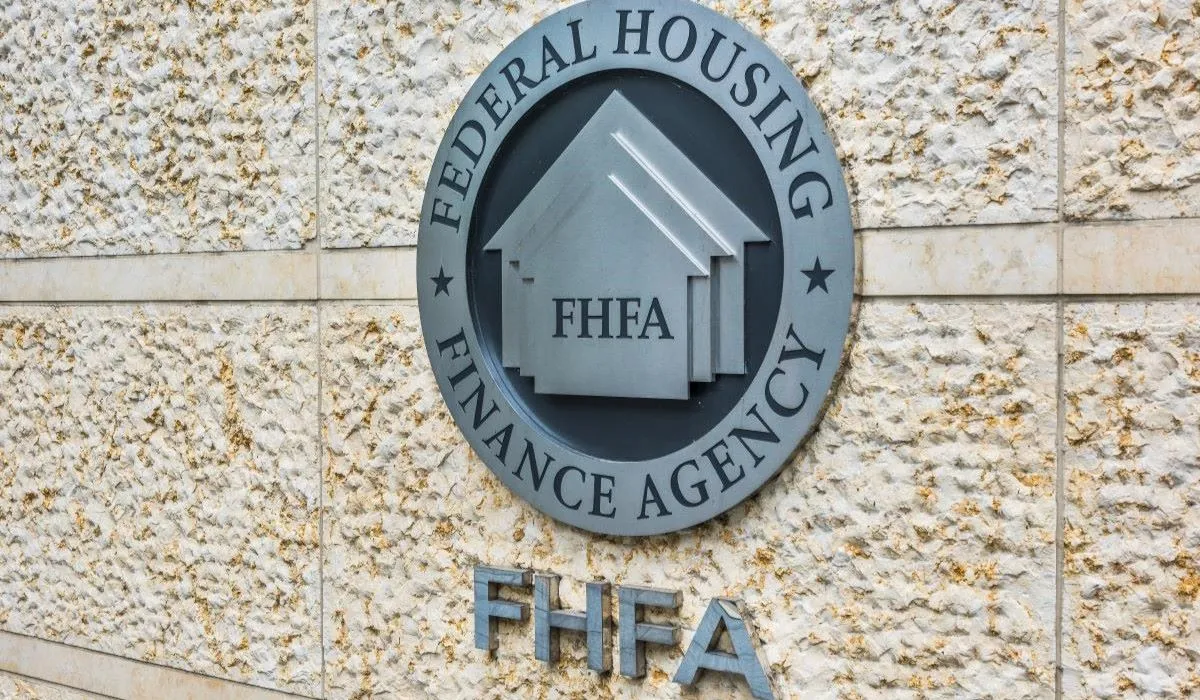Fhfa Data On Non-performing Loan Sales Reflects Fewer Delinquencies Since Pandemic

The Federal Housing Finance Agency (FHFA) on Tuesday released an update about the sales of non-performing loans (NPLs) through the government-sponsored enterprises (GSEs), saying the data has shown a steady drop in mortgage delinquencies since the start of COVID-19 pandemic.
“The [NPL] sales program reduces the number of deeply delinquent loans in the Enterprises’ portfolios and transfers credit risk to the private sector,” FHFA explained. “FHFA and the Enterprises impose requirements on NPL buyers designed to achieve more favorable outcomes for borrowers than foreclosure.”
As of Dec. 31, 2023, Fannie Mae and Freddie Mac held roughly 43,000 NPLs in their portfolios, 7% of which were either sold or settled sometime within the first half of this year.
The program, which began in 2014, has seen the GSEs sell a total of 171,333 loans with a total unpaid principal balance (UPB) of $31.4 billion through the end of June 2024. These loans had an average delinquency rate of 2.8 years and an average current mark-to-market loan-to-value (LTV) ratio of 82%. Foreclosure was avoided in about 40% of these cases.
The GSEs sold 2,969 non-performing loans — designated so if they were delinquent for a year or more — with a UPB of $500 million during the first and second quarters of this year.
The FHFA noted that with delinquencies receding since the COVID-19 pandemic and new loss-mitigation programs being implemented, ”the volume of NPL sales has also declined and stabilized since 2021, when the Enterprises sold 24,164 NPLs totaling a UPB of $4.1 billion.”
As of June 30, loans in the GSEs’ portfolios that were at least one year past due totaled 36,700. That was down 82% from the 208,147 NPLs in the portfolios at the end of 2021.
FHFA also released accompanying data detailing the nature of the pools sold, including an average delinquency rate of 1.1 to 6.2 years. It said that Fannie Mae is a larger participant with 117,000 NPLs sold, versus Freddie Mac at roughly 54,000. Nearly 40% of the NPLs sold through the program came from New Jersey, New York and Florida, FHFA said.
“NPLs that were sold during the life of the program have resulted in fewer foreclosures as compared to similarly delinquent Enterprise NPLs that were not sold,” the agency explained. “Of the NPL sales on borrower-occupied homes, 47% have resulted in foreclosure avoidance, which exceeded the rates for both non-borrower-occupied (44.7%) and vacant (17.7%) homes.”
Additionally, the foreclosure rate on NPLs was much higher on vacant homes (more than 75%) than for occupied homes (less than 29%). FHFA contends that vacant home foreclosures “typically improve neighborhood stability and reduce blight as the homes are sold or rented to new occupants.”


